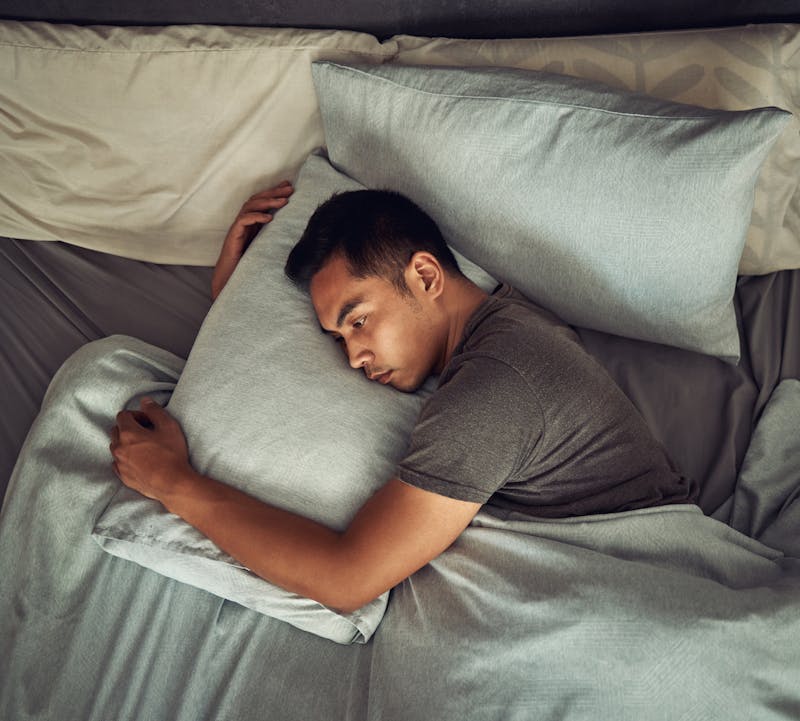
If you’re one of the millions of people in the US who are struggling to get a good night of sleep, you have probably tried a range of different remedies. If you have a sleep disorder that is preventing you from sleeping well, it can seem fairly hopeless. However, there are effective ways to resolve your sleep difficulties once a sleep disorder is isolated and identified.
The three most common sleep disorders are insomnia, snoring, and sleep apnea. Each has its own solutions that can help you regain the ability to sleep deeply and solidly throughout the night.
Insomnia
Insomnia is difficulty in falling or staying asleep. This sleep disorder encompasses a wide range of sleeping problems. Stress, trauma, illness, or discomfort can all contribute to insomnia, but it is also common for insomnia to arise without any obvious cause at all.
Treatments for insomnia vary based on each individual. Lifestyle adjustments such as no screen time hours before going to bed, sleeping in a dark, cool room, keeping the sleeping space quiet, not eating just before bed, going to bed and waking up at the same time each day, and more can all help to resolve sleeping difficulty.
If insomnia is severe, more complex treatments are generally needed, such as cognitive behavior therapy. This program includes sleep consolidation, cognitive restructuring, sleep hygiene, stimulus control, and relaxation techniques.
Snoring
40% of men and 24% of women snore. Snoring worsens with weight gain and age, and can disrupt not only the sleep of the snoring person, but the sleep of their partner. Some partners nudge the snoring person awake or disrupt their sleep in an attempt to sleep well themselves.
Snoring is caused by the soft palate relaxing as you move into a deeper sleep. As the tissues in your throat relax, they partially block your airway and vibrate, making a snoring sound. The thinner the airway, the louder the snoring. Snoring can be treated by addressing the soft palette, making it firmer and stiffer.
Overly large tonsils, another factor that can narrow the airway and cause snoring, can be removed. A deviated septum can be straightened to allow for better airflow.
Sleep Apnea
Sleep apnea is a condition that causes a person to stop breathing intermittently during sleep. The throat tissues are floppy or narrow, and as they relax during sleep and cause heavy snoring, ultimately blocking the airway and stopping breathing briefly. This wakes up the sleeper and causes significant sleeping difficulties and health concerns.
Sleep apnea is exacerbated by weight gain. Losing weight and drinking less alcohol can help with sleep apnea. Other treatments include dental devices to move your lower jaw forward as you sleep, and breathing devices. One device pressure to keep your airway more open during sleep.
Surgical treatments can be performed to widen the airway by repositioning or removing loose tissue in the throat. The soft palate and uvula are made smaller, the tonsils are removed, and muscles in the soft palate are repositioned.
Resolving Your Sleeping Difficulties at South Florida ENT Associates
At South Florida ENT Associates, we have 30 years of experience helping patients with sleeping difficulties and a range of other concerns. Our physicians and providers are highly trained in every ENT specialty in Houston. Our patients have come to expect excellent results, compassionate care, and truly effective solutions. Please call South Florida ENT Associates today to schedule a consultation about resolving your sleeping difficulties.

